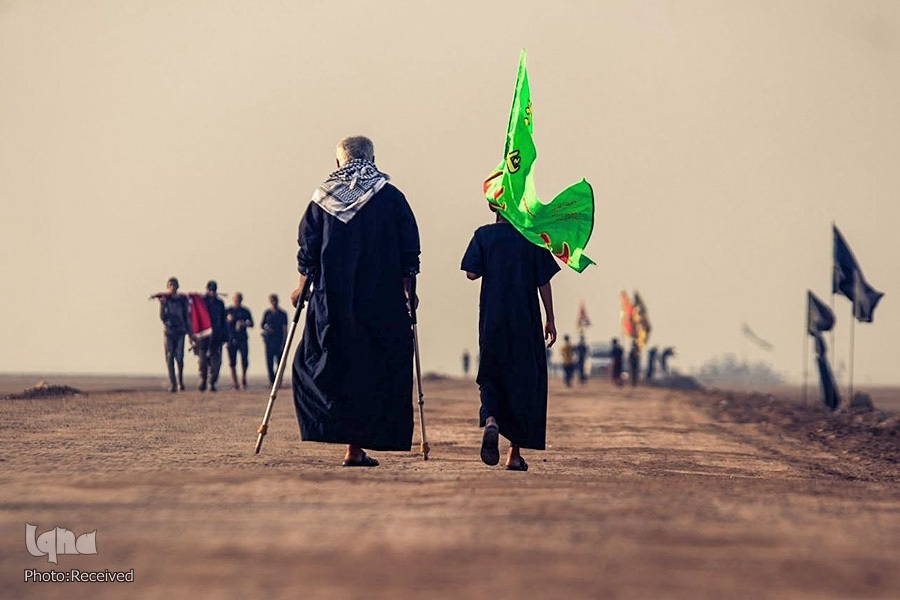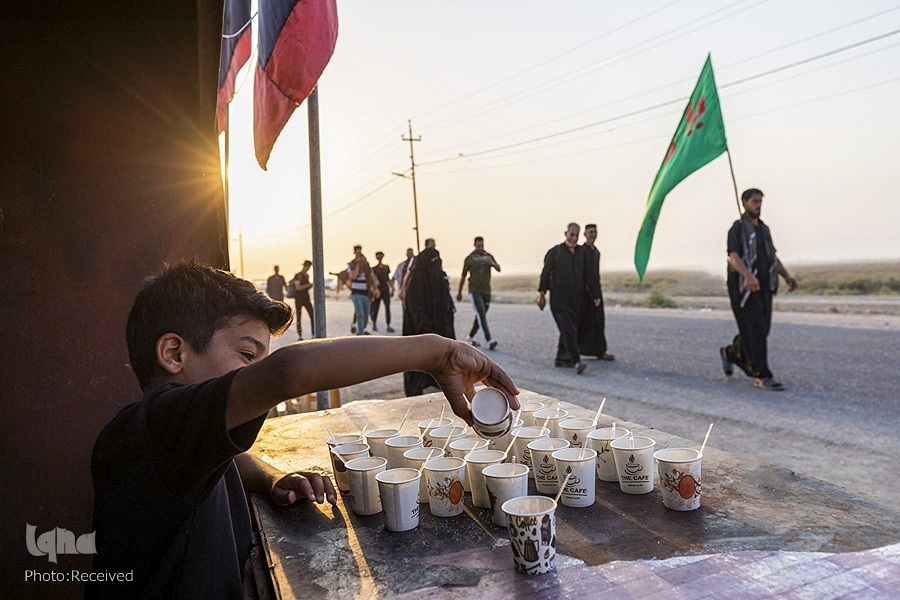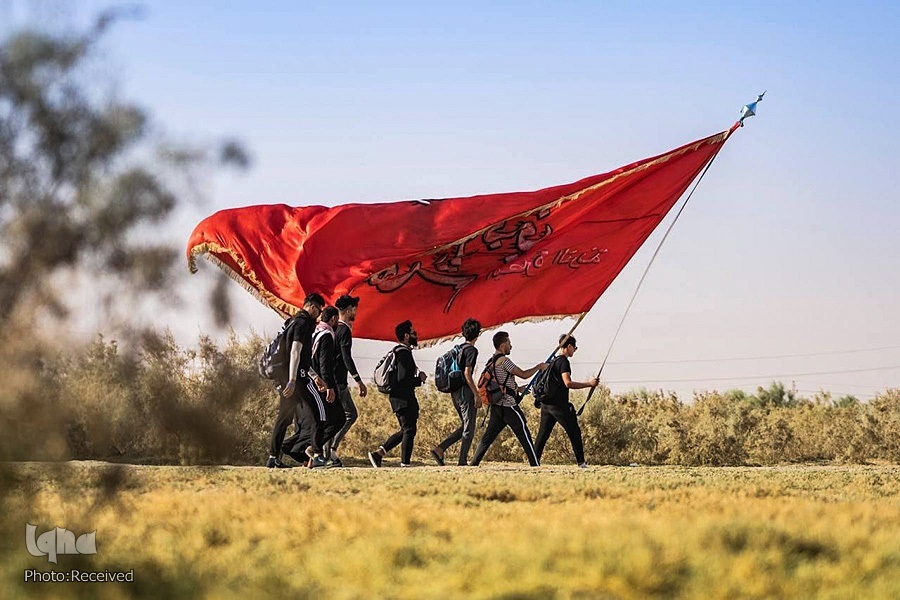The Journey of Passion: Arbaeen Trek Promotes Unity among Muslims, Humanity

Arbaeen trek, also known as the Arbaeen walk, is what brings men and women, young and old from all walks of life together in a march to the final resting place of the third Shia Imam.
But what does make people untiringly perform this long arduous journey which takes days and even weeks annually?
A brief introduction to Arbaeen
Arbaeen is an Arabic word that translates to 40 or 40th. In this context, it marks the 40th day since the martyrdom of Imam Hussein (AS) and his loyal companions at the Battle of Karbala 14 centuries ago.
Imam Hussein’s (AS) day of Arbaeen falls on the 20th of Safar, the second month of the Islamic lunar calendar.
After Imam Hussein’s (AS) martyrdom at the hand of Yazid, people who were shocked by the atrocities of the Ummayad dynasty began to visit his grave to pay their respects.
Imam Hussein’s (AS) progeny also kept the tradition alive by encouraging people to visit the grave of Imam Hussein (AS), and that is how the tradition has been passed down to the present day.
Currently, the shrine of Imam Hussein (AS) which has been expanded and renovated over the years can accommodate the growing number of visitors.
Muslim empires such as the Ummayads and Abbasids, as well as contemporary regimes such as despotic Saddam Hussein and takfiri groups namely Daesh, objected to the walk and in some cases banned it and even threatened to destroy the shrine.

However, the ancient tradition survived throughout the centuries and became mainstream.
To do the walk normally pilgrims fly out or drive to Najaf, the resting place of Ali ibn Abi Talib (Imam Hussein’s father), and walk from Najaf to Karbala. This walk will take between three to seven days.
Although some people start their walk from Ahvaz, Iran (over 550km).
Where do Arbaeen pilgrims eat and sleep?
In order to provide the pilgrims with food, places to rest, bathe, etc. charities and volunteers set up moukebs along the road to the holy city of Karbala.
The moukebs offer a range of features such as a place to eat, sleep, rest, bathe, shower, receive massages and medicine, and much more. All the services are free of charge and are funded by donations.
In addition to moukebs there are stations and stands that hand out free food and drinks. This means that pilgrims can walk to Karbala without worrying about their basic needs.
Arbaeen; Opportunity for self-reflection
The pilgrims who set out on this journey are braving inclement weather and are away from the comforts at home. It reminds them of the hardships Imam Hussein (AS) and his family and companions had to endure on the day of the Battle of Karbala and the ensuing imprisonment.
Such difficult situations help people practice patience. During the walk, people have room for self-reflection and introspection.
Differences including people’s race, religion, and ethnicity are set aside and they come together on the basic principle of fighting evil and enjoining good.

People who share their accounts of the journey and their personal experience usually insist on how addictive the walk is. Some have taken part in the march several times and still long to undertake the journey every year.
The walk is a reaffirmation of a pledge to uphold the principles Imam Hussein (AS) fought for. It shows the true face of Islam, which is kindness and unity regardless of differences and is a protest against terrorism and oppression.
Arbaeen walk seeks to keep the movement of Karbala alive and send its message to future generations. It aims to safeguard and promote human values of love and compassion and condemns tyranny.
 Most Commented
Most Commented 


